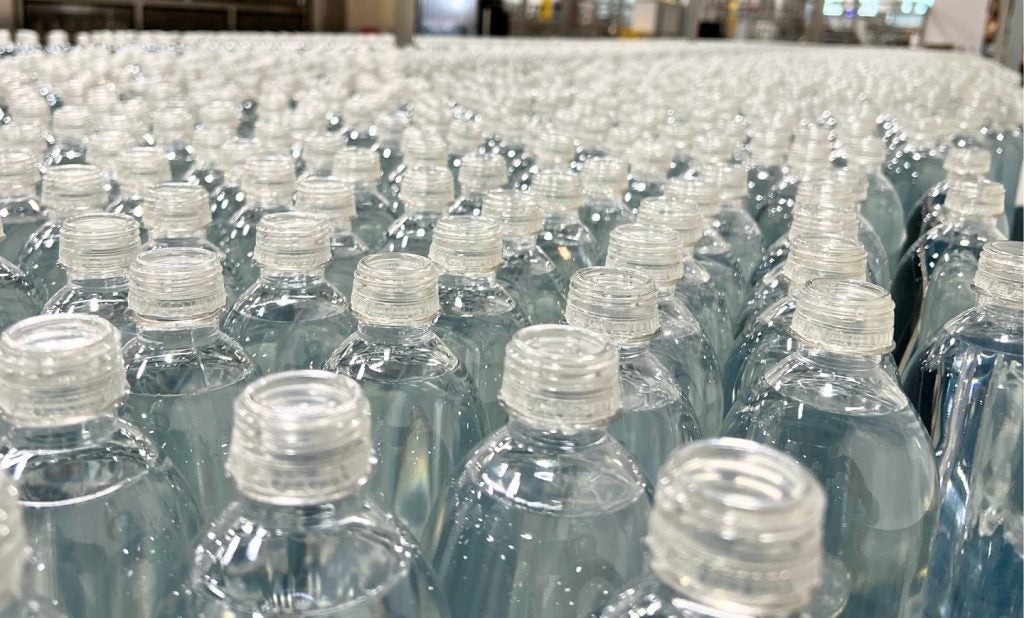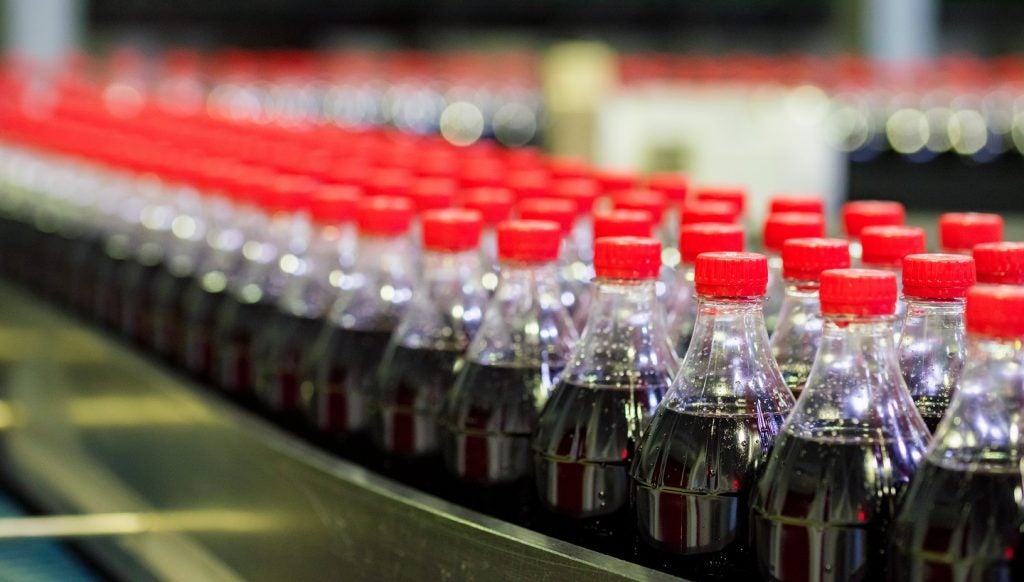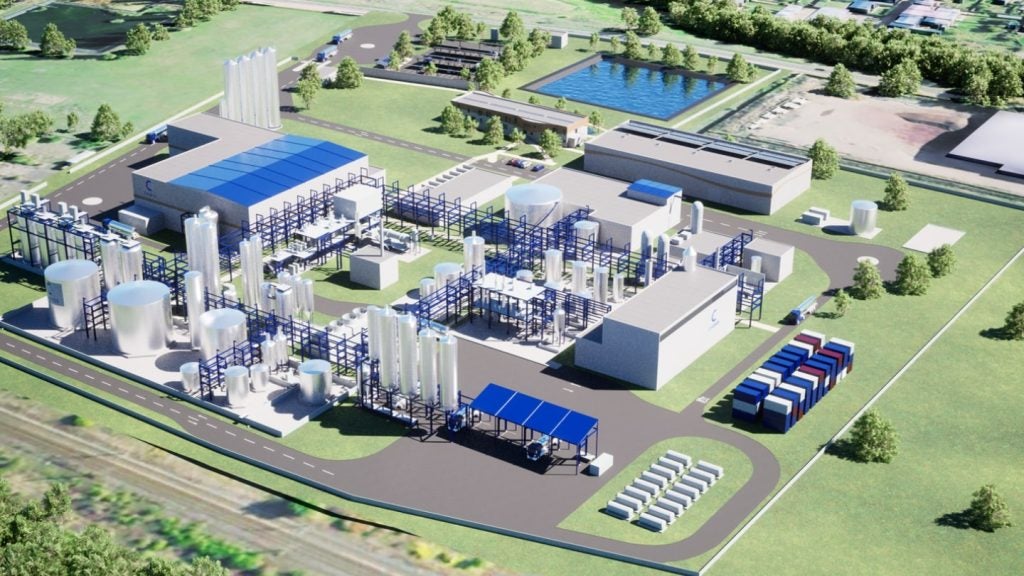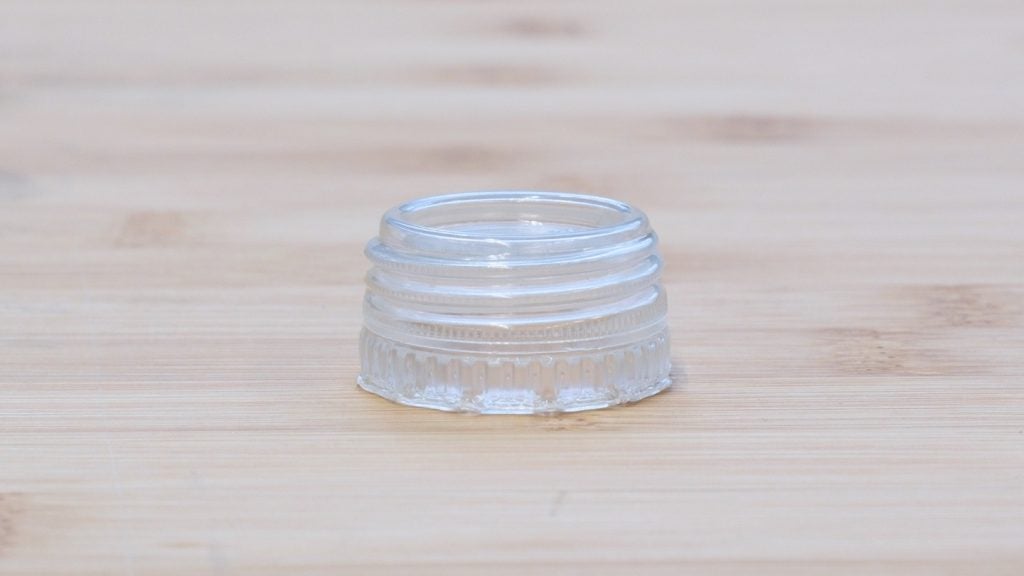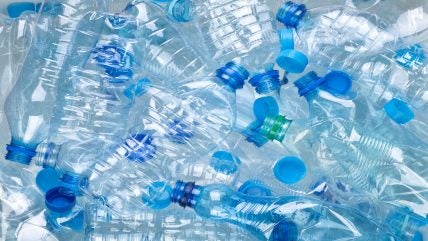
HydroGraph Clean Power, a certified graphene manufacturer, has released positive test results indicating that its proprietary graphene can enhance the performance of polyethylene terephthalate (PET).
The tests, conducted at the Graphene Engineering Innovation Centre at the University of Manchester, England, UK, aimed to determine if HydroGraph’s fractal graphene, FGA-1, could improve PET’s mechanical properties.
HydroGraph revealed significant improvements, including a 22% increase in elasticity and a 114% increase in strength against breaking compared to virgin PET.
In addition, the strength at yield was enhanced by 13% to 15%.
These advancements could lead to a reduction in the material used for plastic bottles by 10% to 15%.
It could also help manufacturers save on energy costs by reducing the amount of material needed to heat and cool during production.
How well do you really know your competitors?
Access the most comprehensive Company Profiles on the market, powered by GlobalData. Save hours of research. Gain competitive edge.

Thank you!
Your download email will arrive shortly
Not ready to buy yet? Download a free sample
We are confident about the unique quality of our Company Profiles. However, we want you to make the most beneficial decision for your business, so we offer a free sample that you can download by submitting the below form
By GlobalDataHydroGraph’s graphene is produced using its patented Hyperion controlled-explosion system at its Manhattan, US, facility.
The company has been a prominent figure in Greater Manchester’s $200m investment zone.
With the global push to decrease disposable plastic usage, major corporations are exploring solutions such as HydroGraph’s graphene to extend the lifespan of plastics and thereby align with consumer preferences and new legislation.
Currently, virgin PET pellets from China are priced at around $1,000 per tonne, and it takes approximately 20g to 25g to produce one 500ml bottle, costing roughly ¢1 each.
The US alone reportedly produces 50 billion water bottles annually, resulting in a $500m expenditure on imported PET pellets.
With a 15% reduction in PET usage through graphene enhancement, the potential savings could reach $75m, noted the company.
HydroGraph business development, resins and composites director Randall Zajac said: “Right now, we’re looking at a potential 10% to 15% reduction in material for bottles. Our next steps will be to prove other benefits, like recyclability and barrier properties.
“We’re also going to explore if our graphene will boost the strength of recycled material, which would let manufacturers reuse a higher percentage of recycled PET in the material mix.”



